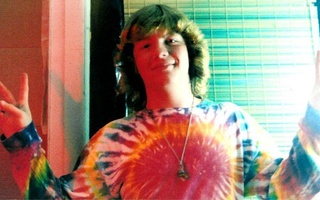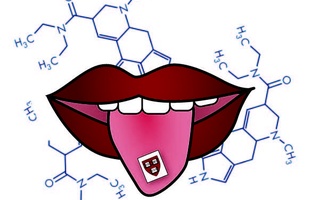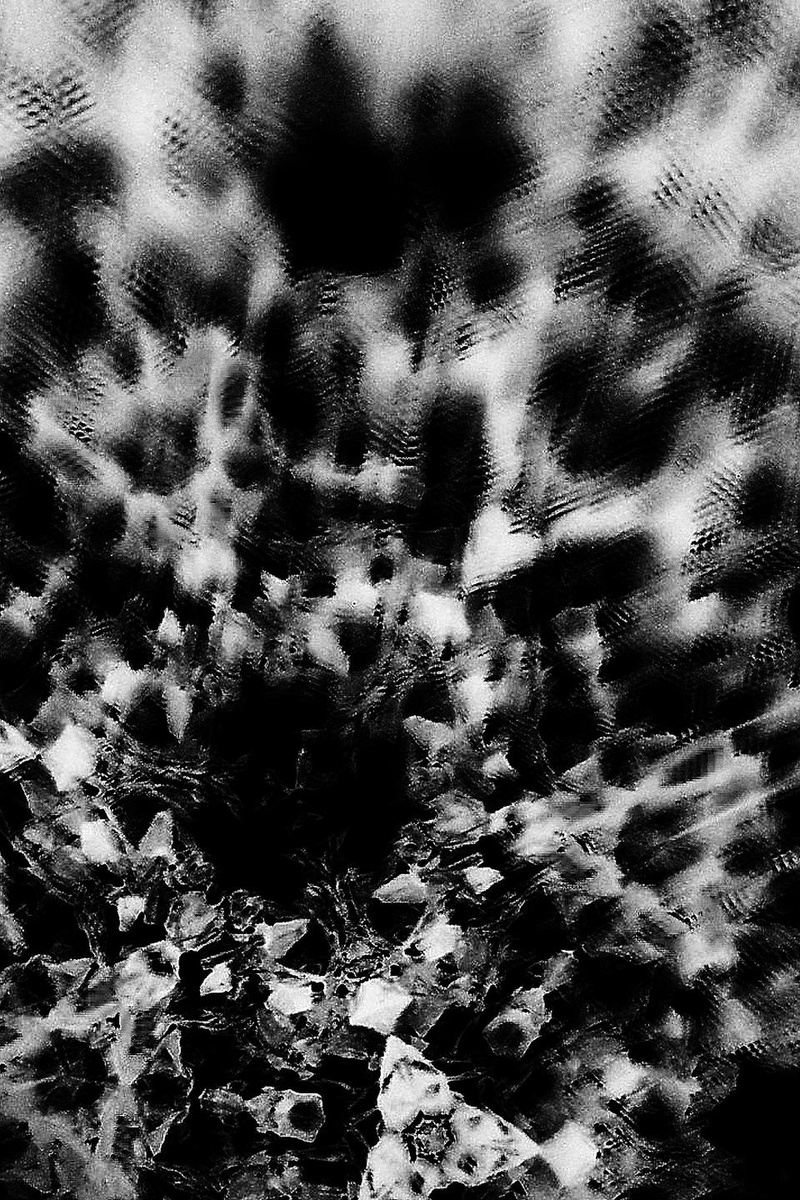During the early 1960’s, the administration of hallucinogenic drugs to students by lecturer Timothy F. Leary and assistant professor Richard Alpert, now known as Ram Dass, garnered national media attention.
While the administration of LSD to graduate students did not violate University policy or state or federal law at the time, members of the Center for Research in Personality—the department in which Leary worked—disputed Dass and Leary’s right to continue experiments with psilobycin, a drug that creates a similar hallucinogenic experience to that created by LSD.
Much of the 1962 controversy centered around Dass and Leary’s refusal to explain to their subjects what they might expect from their drug-induced experiences, which Leary said at the time would be “imposing effects and directing the experience.”
Although the 1962 sparked debate around the country, faculty said the event was an isolated incident that did not severely affect Harvard’s research programs.
MEETING THE MEN
From the beginning, Harvard professor Herbert C. Kelman recalled, Leary was a revolutionary in the field of psychology.
“I knew about him before from his earlier work,” said Kelman, who is a professor emeritus of social ethics. “However, it became obvious he had gone through some kind of transition... He had become a bit Messianic and had all these ideas about how the field was being done the wrong way.”
By the time that Leary arrived to Harvard, he had already begun experimenting with hallucinogenic drugs. He first used psilocybin in the summer of 1960 and he and Dass began to use hallucinogenic substances for his research, using his graduate students as test subjects.
Kelman, who was in Norway when Leary arrived, found out about the experiments through his students.
“Students had mailed me and there were hints about drugs and drug-taking,” Kelman said.
When Kelman returned to campus in the spring of 1962, he raised the issue at department meetings, However, David McClelland, former director of the Center for Research in Personality, chair of the Department of Social Relations, and good friends with Dass and Leary, did not follow up on the topic.
PLAYING WITH MUSHROOMS
It was only when a student enrolled in the class approached Kelman personally that he began to investigate the matter more thoroughly.
“[The student] was so cautious in the way that he talked about it,” Kelman said.
“He told me that students in the course were pressured to participate in drug sections...This had become so legitimized in the eyes of the students that they felt pressured to do it.”
Read more in News
Fifty Years Old, And Still A Campus Art HubRecommended Articles
-
Laxwomen Blow By B.C., 8-4After playing three key games in the last week, the Harvard women's lacrosse team--ranked second behind Penn State in the
-
Truman Visit Meets DelayTentative plans for ex-President Harry S. Truman to visit the University in the near future have fallen through, it was
-
... When old is said in one and maker mates with madeIN 1960 RICHARD ALPERT was the son of the president of the New Haven Railroad. He was an ambitious Jewish
-
 Harvard, LSD, and the 1960s
Harvard, LSD, and the 1960s -
Quartet of Athletes Commits To HarvardSt. John's Prep has become a recruiting hotbed for Harvard lately.
-
 Harvard LSD Research Draws National Attention
Harvard LSD Research Draws National Attention














